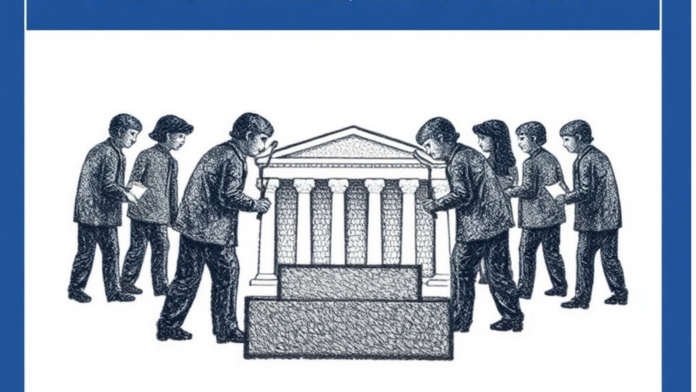State governorship elections are foundational to the democratic process, determining who will govern the states and shape policies impacting millions. However, these races often involve intricate legal battles as candidates and parties challenge the results, claiming irregularities or demanding recounts. Here, we’ll explore the role of legal disputes in these elections, the common causes behind them, and the implications for governance and democracy.
The High Stakes of State Governorship
Governors hold significant power, influencing everything from state budgets to health care, education, and law enforcement. Their policies affect issues like environmental regulations, tax codes, and social programs, creating a ripple effect throughout communities. The stakes are particularly high in swing states, where closely contested races can shift the state’s political landscape. This often leads to legal disputes as parties seek to protect their interests and ensure fair results.
Common Causes of Legal Disputes
Legal challenges in governorship elections arise from several factors, often revolving around voting irregularities, disputed ballots, and accusations of fraud. Here are some of the most common triggers:
1.Close Margins of Victory: In many states, races are won by narrow margins. When the vote difference is slim, both candidates may call for recounts to verify the results.
2.Allegations of Voter Suppression or Fraud: Claims of voter suppression, intimidation, or fraud are serious issues that can lead to lawsuits. Courts are then asked to determine whether irregularities impacted the results.
3.Mail-In Ballot Issues: Mail-in and absentee ballots can be contested if signatures don’t match records or if they arrive after the deadline. In some cases, entire categories of ballots may be thrown into question, leading to litigation over which votes are valid.
4.Voting Machine Malfunctions: Technical problems with voting machines, such as data inaccuracies or software glitches, can lead to disputes. Candidates may argue for recounts or audits of machine accuracy to ensure fair results.
How Legal Battles Unfold
Once a candidate or party initiates a legal challenge, the process can be extensive. It typically involves several steps:
1.Request for Recount: Candidates may first request a recount, especially in states with laws mandating recounts when margins are razor-thin.
2.Filing of a Lawsuit: If recounts don’t resolve the issues, a candidate might file a lawsuit alleging irregularities. This lawsuit is usually directed at local election boards or state officials.
3.Court Hearings and Evidence Gathering: Judges review evidence, which may include testimonies, ballot counts, and forensic analysis of voting machines. Both parties present their case, and the court decides based on the facts.
4. Appeals: If either party disagrees with the court’s decision, they may appeal to a higher court, sometimes reaching the state Supreme Court or even the U.S. Supreme Court if federal laws are involved.
Impact on Voters and the Democratic Process
While legal battles are essential to ensuring fairness, they can also create significant uncertainty for voters and officials. Delayed results, prolonged disputes, and contentious accusations can erode public trust in the electoral process. However, these battles also underscore the resilience of democracy by holding officials accountable and seeking transparency in elections.
The Road Ahead: Strengthening Election Integrity
As states continue to experience close races, it’s crucial to address vulnerabilities that lead to disputes. Enhanced voter ID systems, improved voting technology, and clearer guidelines for mail-in ballots are steps that many advocate for to reduce the frequency of legal challenges.
In conclusion, while legal battles in state governorship elections can be complex and contentious, they are a testament to the strength of democratic institutions. These processes allow for oversight, reinforce fairness, and ultimately support a transparent election system that upholds voters’ rights and faith in democracy.



















